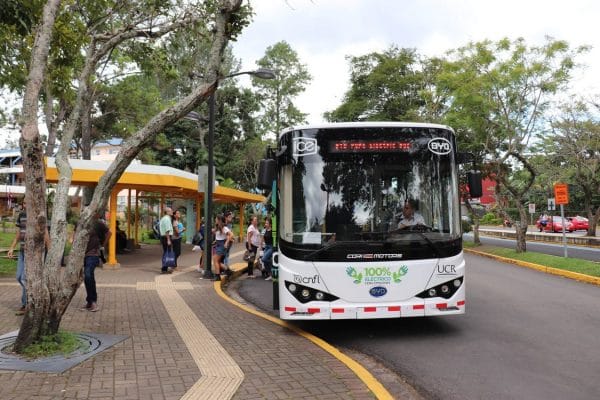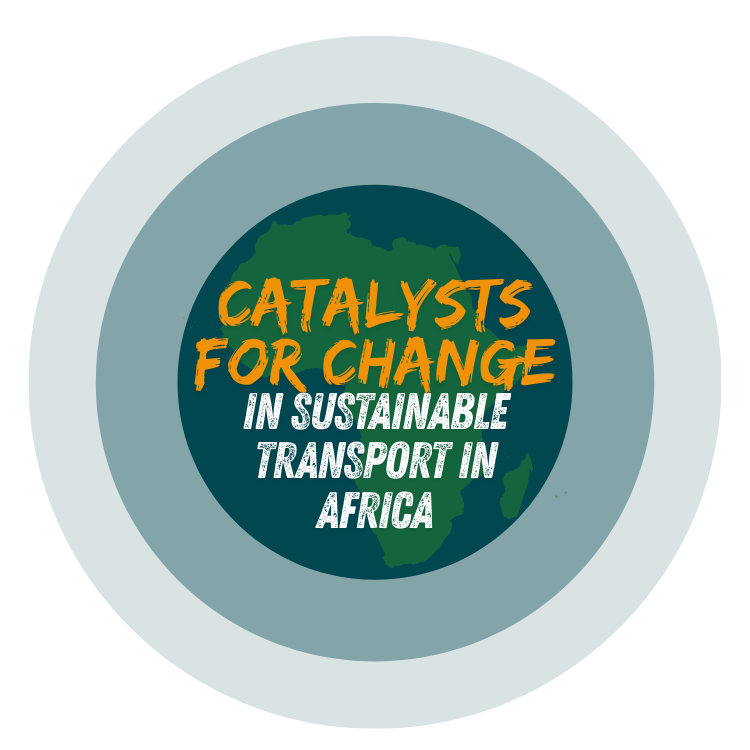
Latin America currently contributes 10% of global greenhouse gas emissions. However, estimations show that, without firm actions, particularly emissions generated by light vehicles in the region could easily triple until 2050. To avoid that from happening, 20 local and national experts from government, the private sector and academia in Latin America gathered in a 2-day workshop last year in Costa Rica and developed recommendations for policy makers to promote electric mobility (e-mobility) in their countries, considering the region’s social, economic, environmental, and political realities.
A key element is providing a simple vision of e-mobility, based on the respective country’s current circumstances and existing experience. This vision should be accompanied by a narrative that goes beyond decarbonization and instead emphasizes other sustainable development benefits of electric mobility, such as energy independence, improved air quality and related health benefits. Such a narrative can help to better value the benefits of electric mobility and create broader buy-in.
Similarly, efforts should be sustained by a multi-stakeholder alliance of relevant actors in the field. In relation to that, clear leadership and well-defined compromises are important. This includes creating coherence with national energy policy. Because in order to be sustainable and reduce emissions, electric mobility relies on an electricity mix based on renewable energy.
At the national level, experts recommend the joint development of pilot projects through close cooperation of different state agencies and facilitation of market research. National actors are responsible to create an enabling national policy framework for electric mobility, in which fiscal incentives were considered important measures to overcome the prevailing cost difference. An example for that is Uruguay, which has a cross-subsidy for public transport operators to purchase electric buses, financed by savings in diesel bus subsidies.
As individual markets for electric vehicles in Latin America are small, there is a lack of providers, particularly for cargo and public transport vehicles. Therefore, regional cooperation may be necessary to create larger, more competitive markets for electric vehicles, in particular in Central America, but also in other parts of the region.
Experts determined actions both for the incorporation of light vehicles into existing fleets, and for the deployment of electric buses and their financing. Here, learning from other countries can help to overcome existing barriers. For example, representatives from Chile presented a business model that allows sharing risks between the Ministry, the bus operator, the manufacturer and the energy supplier.
Read the full paper in Spanish and English here.
Recommendations were made by an interdisciplinary team of experts involved in e-mobility policy and projects, electric vehicle operators, energy utility providers from Costa Rica, Chile, Panama, Colombia, Brazil, Chile, Uruguay, Barbados and Argentina, and experts from Germany and France. The workshop was hosted by MiTransporte and the global project Advancing Transport Climate Strategies (TraCS), both implemented by GIZ on behalf of the Federal Ministry of the Environment, Nature Conservation and Nuclear Safety (BMU), as well as the Urban Mobility component of the EUROCLIMA + programme (commissioned by the European Union) and the Partnership for Sustainable and Low Carbon Transport (SLoCaT).
If you believe that you suffer (potential) negative social and/or environmental consequences from IKI projects, or wish to report the improper use of funds, to voice complaints and seek redress, you can do so using the IKI Independent Complaint Mechanism.
